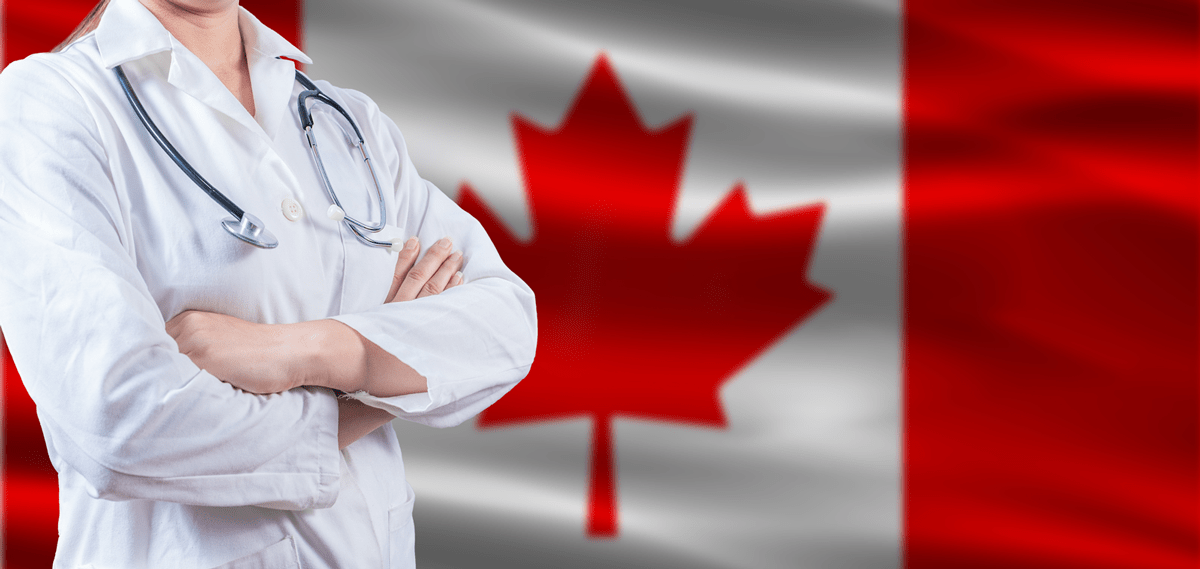Canada’s 2025 Express Entry – Impact on Francophones and Healthcare Professionals

Canada’s Express Entry system has seen some major changes in 2025, as they reflect new priorities. The government is focused on reducing immigration targets with specific labour market shortages. As always, it is a delicate dance of ensuring the best for the country’s economy, while adhering to Canada’s famed multicultural communities.
This year, the federal government is actively seeking French-speaking candidates and healthcare professionals (among other targeted groups), to meet current demographic and economic needs.
Where do you fit in?
Stay with us as we discuss these changes, the numbers behind them, and how they affect your chances of immigrating to Canada.
Express Entry in 2025: From All-Program to Targeted Draws
There has been quite a marked shift in the Express Entry Draws this year.
In previous years, Express Entry regularly featured “all-program draws,” allowing candidates from any of the three main federal economic immigration streams to compete based on their Comprehensive Ranking System (CRS) scores.
In 2023, there were 14 draws; in 2024, only six. As we speak, until May 2025, not a single all-program draw has taken place this year. Instead, all invitations have been issued through:
- Occupation-specific draws (healthcare, education, trades)
- Provincial Nominee Program (PNP) draws
- Canadian Experience Class (CEC) draws
- French language proficiency draws
This shift is of course affected by Canada’s reduced permanent resident targets for 2025—down from 485,000 in 2024 to 395,000 in 2025. With fewer spots available, Immigration, Refugees and Citizenship Canada (IRCC) are focusing on candidates who are most likely to integrate quickly and fill urgent labour shortages.
Breaking Down the 2025 Draws: Facts and Figures
From January 1 to May 2, 2025, IRCC conducted 15 Express Entry draws, issuing a total of 33,404 Invitations to Apply (ITAs):
- French language proficiency draws: 3 draws, 18,500 ITAs
- PNP draws: 5 draws, 3,632 ITAs
- Occupation-specific draws (education and healthcare): 2 draws, 1,500 ITAs
- CEC draws: 3 draws, 9,350 ITAs
The largest draw so far was on March 21, 2025, when 7,500 French-speaking candidates were invited with a CRS cut-off of just 379—one of the lowest thresholds seen this year.
By contrast, PNP draws have had cut-offs exceeding 700.
The Francophone Advantage: Canada’s Push for French-Speaking Immigrants
Before we start talking about the fervent appeal of Francophones (in simpler words, people who can speak French fluently), let’s understand why Canada is prioritizing them.
Canada’s 2025–2027 Immigration Levels Plan has ambitious targets for growing the French-speaking population outside Quebec, aiming to boost the proportion of Francophone permanent residents from 8.5% in 2025 to 10% by 2027. This underscores the national commitment to:
- Supporting the vitality of Francophone minority communities
- Addressing demographic challenges, particularly in regions with declining populations
- Enhancing cultural and linguistic diversity across the country
How Does the Francophone Program Work?
IRCC now holds frequent, large Express Entry draws specifically for candidates with strong French language skills. In 2025, so far, these draws have featured:
| Date | Invitations | CRS Cut-Off |
| March 21, 2025 | 7,500 | 379 |
| March 6, 2025 | 4,500 | 410 |
| Feb 19, 2025 | 6,500 | 428 |
As you can see, the cut-offs are quite a bit lower than those for general or PNP draws, giving French-speaking candidates a clear advantage in securing ITAs.
Francophone Community Immigration Pilot (FCIP)
In January 2025, the Francophone Community Immigration Pilot (FCIP) was announced. This initiative enables French-speaking immigrants with job offers outside Quebec to apply for permanent residency, provided they meet intermediate French proficiency requirements.
This program is designed to encourage settlement in regions with specific labour needs and to strengthen Francophone communities nationwide.
Federal Support and Funding
In addition, March 202 saw a government announcement of $9.3 million in funding for projects supporting Francophone immigration, including newcomer services, recruitment, and retention initiatives.
These efforts are overseen by the Centre for Innovation in Francophone Immigration and are part of the broader Francophone Immigration Support Program.
Healthcare Professionals: Meeting Canada’s Most Acute Labour Needs
Another sector that has been in great demand is the Healthcare sector.
Canada continues to face critical shortages in healthcare and social services. The country’s aging population and increased demand for medical care have not done any favours.
The government recognizes that healthcare shortages are a national priority. By targeting healthcare professionals through Express Entry, IRCC aims to ensure that hospitals, clinics, and care facilities across the country can maintain high standards of care and meet growing demand.
And so, in 2025, IRCC is prioritizing candidates with experience in high-demand healthcare roles, such as:
- Family physicians
- Nurse practitioners
- Dentists
- Pharmacists
- Psychologists
- Chiropractors
- Allied health and social service professionals
Express Entry Draws for Healthcare Occupations
On May 2, 2025, IRCC held its first healthcare-focused Express Entry draw of the year, inviting 500 candidates from the healthcare and social services sector.
However, the CRS cut-off was exceptionally high at 510 – a safe indicator of intense competition for a limited number of spots. By comparison, the last healthcare draw in November 2024 invited 3,000 candidates with a cut-off of 463.
To qualify for these draws, candidates must:
- Meet the eligibility criteria for one of the three Express Entry programs (FSW, FST, or CEC)
- Have at least six months of continuous, full-time work experience in an eligible healthcare or social services occupation within the last three years
- Meet the minimum CRS requirement, which can be highly competitive
What This Means for Express Entry Candidates
The changes to Express Entry in 2025 mean that simply having a high CRS score is no longer enough for most candidates.
Instead, applicants should consider:
- Improving French language proficiency to access lower-threshold draws and new pilot programs
- Gaining Canadian work experience—especially in healthcare, trades, or education
- Pursuing a provincial nomination for a significant CRS boost
- Targeting in-demand occupations that are the focus of category-based draws
Candidates with no Canadian experience, provincial nomination, or the ability to speak French may find it much harder to receive an ITA in 2025.
Canada’s Immigration Targets and Outlook
Bear in mind that the 2025–2027 Immigration Levels Plan provides for:
- 395,000 permanent resident admissions in 2025
- 8.5% (29,325) of these are French-speaking immigrants from outside Quebec
- A strong focus on economic immigrants in healthcare, trades, and education
This approach is designed to ensure that immigration supports sustainable economic growth, and addresses acute labour shortages, while strengthening minority-language communities.
French-Speaking, Educated Healthcare Workers
If you happen to be fluent in French and have solid experience in the healthcare sector, your chances of receiving an Invitation to Apply (ITA) in 2025 are likely the highest.
This is because you are right at the intersection of two top-priority categories for IRCC: French-speaking candidates and essential service professionals. With Francophone draws having lower CRS cut-offs and healthcare-specific draws addressing urgent national shortages, these candidates are being actively pursued in Express Entry rounds.
And if you add the new Francophone Community Immigration Pilot and the federal funding boost for Francophone settlement support—Canada is clearly rolling out the red carpet for profiles like yours.
Don’t wait!
Navigating a More Selective System
Canada’s Express Entry system in 2025 is more targeted and competitive than ever before. For Francophones and healthcare professionals, these changes present significant opportunities—but also new challenges. Success will depend on aligning your profile with Canada’s current priorities.
If you are considering immigration to Canada, consult only authorized immigration professionals or regulated Canadian immigration consultants such as Woodhaven. The system is complex and constantly changing—expert guidance can make all the difference.




